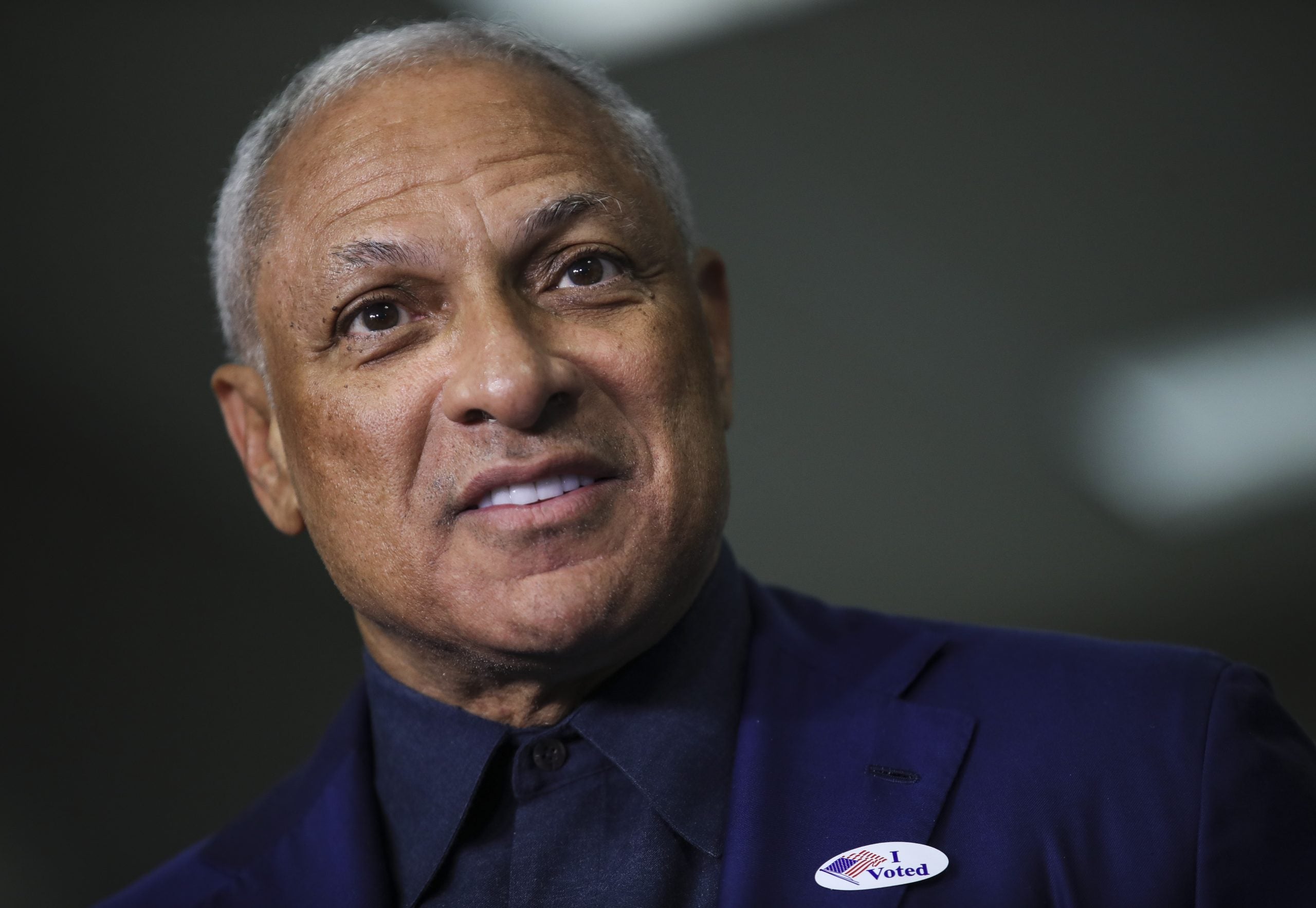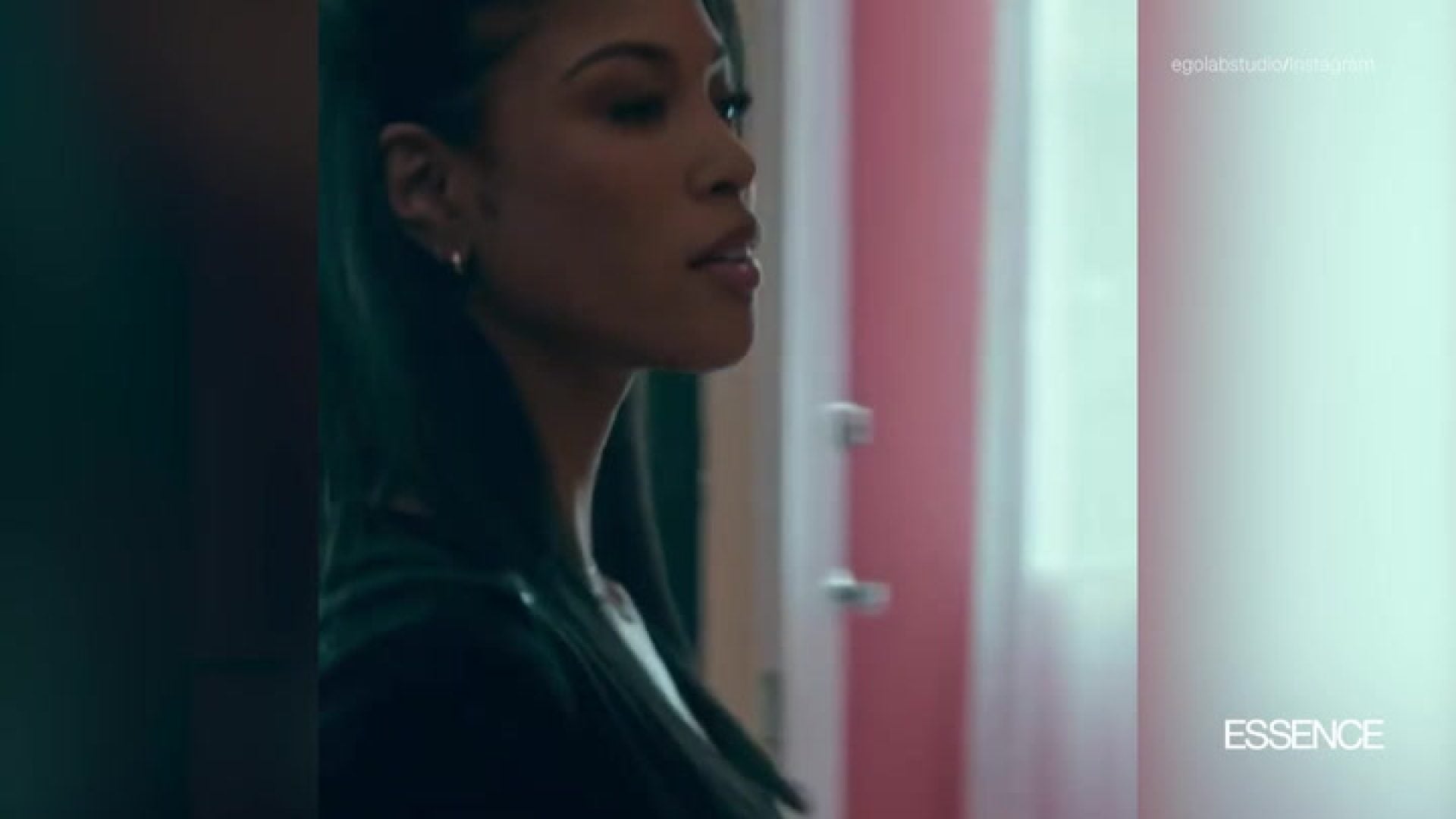
As far as Democratic senatorial candidates go, may they all claim victory come November, and if proven useless, face a primary challenge in six years. Still, as far as election coverage goes, there’s a noticeable and intolerable imbalance between what type of candidates are garnering national attention and larger party support and which aren’t. It speaks to an ongoing pattern by both media and the Democratic Party to focus on white voters in traditional races even as the ongoing tragedy that is the Trump regime offers a new opportunity to finally build the multinational coalition so many pretend to care about and want to cover.
I’ve heard quite a bit about that Kennedy and him forcing the nice older man (with the shoes the youth like) who is deeply into climate change into a primary challenge. I understand Americans tend to fancy a political dynasty, but if Joe Kennedy has struggled to articulate why he’s running now, why have I heard so much about him? Nancy Pelosi will get over Ed Markey’s campaign ad quips…eventually. None of us should care either way.
I’ve heard a lot about Mark Kelly, the astronaut, and his bid against Martha McSally, who recently made headlines for asking supporters to fast a meal and donate to her campaign. And since I know it’s coming, yes, I have heard a lot about Jaime Harrison, that pleasant Black man, challenging the insufferable Lindsey Graham for his seat. But, Lindsey Graham is such a goofy kiss ass to that comic book villain, it’s far easier to build a campaign when your opponent is always covered.
Now, as far as the campaign of Mike Espy, Democratic senatorial candidate in Mississippi, it’s crickets. What a pity for the party and the political conversation. As if we needed another reminder in this plague and this economy that our concerns are only considered but so much.
Unsurprisingly, the only national attention I can recall Mike Espy netting this summer came courtesy of AM Joy.
In June, while discussing his second run against Republican Sen. Cindy Hyde-Smith, Joy Reid recalled a Republican operative telling her that if Espy received real investment in his first run against her, he could have defeated her. After all, Hyde-Smith is the same woman who said she would go to a hanging. In response, Espy agreed and noted, ‘Mississippi is changing… [parts] becoming exceedingly purple, even blue.’
This is not breaking news. Rev. William Barber, a person with an ideology to actually believe in, once argued that Mississippi was not so much a red state but “an un-organized state.”
On that 2018 race between Hyde-Smith and Espy, Dr. Susan M. Glisson. co-founder of Sustainable Equity, LLC, wrote for Left of Center: “Approximately 416,000 of the state’s eligible voters are unregistered. For reference, Trump’s 18-point victory over Clinton had a margin of 215,000 votes. Demographic and cultural trends are working in favor of Democrats. The mid-term results reflected this growing potential and put the run-off outcome in play, aided by unforced errors by the Republican candidate, whose public comments caught on video tapped into the state’s violent racist history. Running against a respected African American candidate, as the November 27th run-off approached, polls tightened, forcing Republican strategists, monies and volunteers to respond to Mike Espy’s growing advantage.”
Two years later and Espy is still having to plead this same case.
Tiffany Cross, who made a similar case for Espy and Mississippi back in 2018, interviewed Espy in a subsequent appearance on AM Joy along with Jamie Harrison. Both Espy and Harrison outraised their challengers, but Cross noted the particular predicament Espy is in, noting, “Black people comprise almost 40 percent of the population, but because of rampant voter suppression, they don’t necessarily overcome the voter share.”
Espy emphasized that Mississippi has the largest share of Black voters per capita in the country, explaining, “If the Democrats want to cement those gains, they cannot ignore the south.” And he repeated that enough pockets of the state would comprise enough to add secure enough white voter support to forge a winning coalition. As he made his reasonable case, he asked viewers to contribute their “nickles and dimes” to the campaign. All money is good money in an election, but the humility, admirable as it is, makes me feel like if not all the South is being ignored, the Blackest parts still are.
Around the same time of the interview, I read a local story about Espy hosting a virtual event between him and younger Black activists asking how his campaign could get more young people engaged and involved.
“I’m the old guy with the gray hair,” Espy reportedly said on the call in late July. “I’m very aware that oftentimes, we speak too much. I’m here today to listen.” Those participants, ranging in age from 18 to 23, suggested focusing on issues like student loan debt, improving public education, and job creation.
If they were white women feigning guilt about voting for a man who told you he was a bigot apparently into sexual assault in a focus group, I would never hear the end of it on cable news. Espy is 66 now, but back in 1986, made history when he was elected Mississippi’s first Black congressman since Reconstruction.







He could do it again with real investment from the party, but to the surprise of no one, poor Black voters in the south are being nickeled and dimed.






